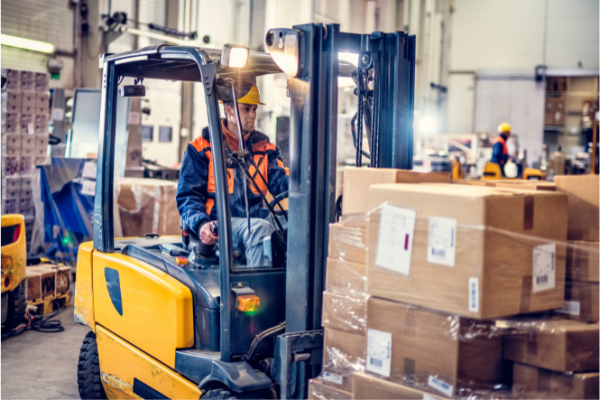There are no specific employment laws for workplace drug testing, but employers are responsible for keeping you and others in the workplace safe. Some businesses and high-risk work environments may need to focus more closely on safety, eg, where heavy machinery and equipment is being used or truck driving is involved. This means they might have developed a specific policy on workplace drug and alcohol testing.
How often you might be tested depends on your workplace policies and your personal contract. It's likely to depend on your role and the risks associated with it.
Your employer doesn't have to give you any warning that testing is going to be done unless it's required by your contract or by workplace policies.

Image credit: Canva
A company’s policy should clearly set out what happens next if employees or workers test positive for drugs or alcohol at work.
Pre-employment
If an employer has a drug and alcohol policy you might be asked to take a drug test if you apply for a job, as a condition of your application. You can refuse to take a drug test, but it will probably mean you won’t be considered for the role.
Employment (on-the-job) testing
Generally, an employer can only ask you to take a drug or alcohol test if it's:
- part of their health and safety policy
- a condition of your employment
- in your employment agreement.
If you've signed an agreement to consent to drug and alcohol testing, your employer might choose to do it if:
- you work in a high-risk or safety sensitive environment
- your work directly affects the safety of other people
- you show signs of being affected by drugs or alcohol at work
- you have recently been involved in a workplace accident or near-miss.
Even if you choose to use drugs or drink alcohol in your ‘own time’, the side effects of many drugs mean you could be a health and safety risk for yourself and others at work. Read more about the effects of alcohol.







